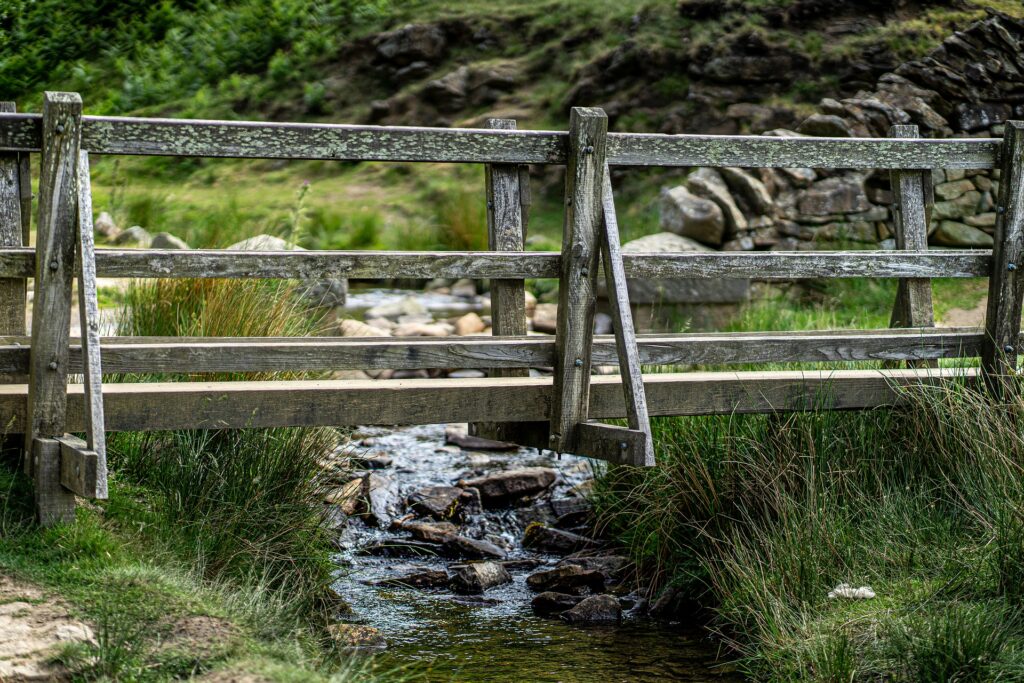Keeping Score
You don’t get points for right answers in the viva.
You don’t get marks deducted depending on how long you take to respond.
You don’t get a final mark – there’s no A, B or 7/10.
Your level of corrections aren’t a grade: they are simply a part of the process.
You can keep score for yourself before your viva.
Tally the days you showed up. Count the papers and books you’ve read. Add up all the versions of all of the pages you wrote. Consider how many times you’ve done the practical elements of your research (experiments, models, paper, interviews, hypotheses and so on).
When you consider the numbers of all of these things you can see that you’ve built up an impressive score of your own – that corresponds with your capability, your knowledge and the confidence you can feel for meeting with your examiners and succeeding at your viva.
PS: If you want more idea on confidence building then take a look at The Confidence Issue – the most recent curated collection of Viva Survivors Select. Twenty posts from the Viva Survivors archive plus new helpful resources. And the final collection of this volume, The Survival Issue, will be released next week on Wednesday 12th November 2025!
